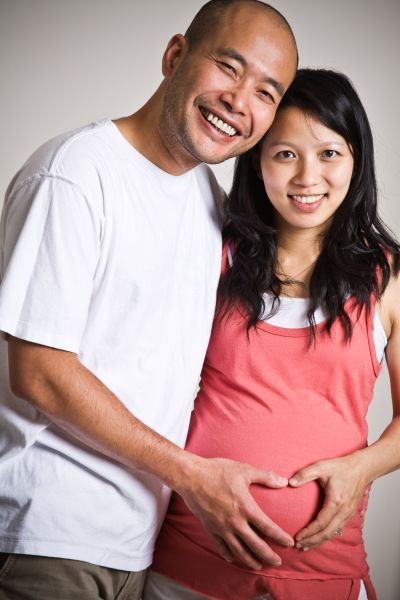China denies miscarriages linked to swine flu jab

Your support helps us to tell the story
From reproductive rights to climate change to Big Tech, The Independent is on the ground when the story is developing. Whether it's investigating the financials of Elon Musk's pro-Trump PAC or producing our latest documentary, 'The A Word', which shines a light on the American women fighting for reproductive rights, we know how important it is to parse out the facts from the messaging.
At such a critical moment in US history, we need reporters on the ground. Your donation allows us to keep sending journalists to speak to both sides of the story.
The Independent is trusted by Americans across the entire political spectrum. And unlike many other quality news outlets, we choose not to lock Americans out of our reporting and analysis with paywalls. We believe quality journalism should be available to everyone, paid for by those who can afford it.
Your support makes all the difference.The Chinese government has denied that the swine flu vaccine was to blame for a number of miscarriages suffered by women who received the jab, state media reported Friday.
The denial comes amid a mass vaccination campaign launched in China to curb the spread of A(H1N1) influenza and ahead of the Lunar New Year holidays, when millions of people travel to visit loved ones, boosting the risk of outbreaks.
About 10,000 pregnant women have so far received the vaccine and "several" have had miscarriages, the director of the Chinese Centre for Disease Control and Prevention, Liang Xiaofeng, was quoted by the China Daily as saying.
But Liang said the miscarriages were "coincidental" and not caused by the vaccine.
"The H1N1 flu vaccine has been proven worldwide to be safe and effective among pregnant women," Liang said.
"Recommendations to take the shot for them (pregnant women), who are at particularly high risk of developing life-threatening complications once contracting the virus, remain unchanged."
Liang said most of the women who had suffered miscarriages after taking the vaccine were less than three months' pregnant, meaning they were at higher risk.
"In other words, without receiving the vaccine, it may still happen," he said.
AFP calls to the Centre for Disease Control and Prevention went unanswered.
Beijing has urged pregnant women along with children, the elderly, obese people and those with chronic diseases to get the swine flu jab and limit travel during the upcoming Lunar New Year holiday.
China had recorded 758 swine flu deaths by January 24, according to figures published on the health ministry's website.
Nearly all of them have occurred since November, and Beijing has warned that the danger of mass outbreaks still exists in certain areas.
The total number of A(H1N1) infections had reached 125,743 by January 24, while 69.3 million people had been vaccinated by Tuesday, according to the website.
Join our commenting forum
Join thought-provoking conversations, follow other Independent readers and see their replies
Comments